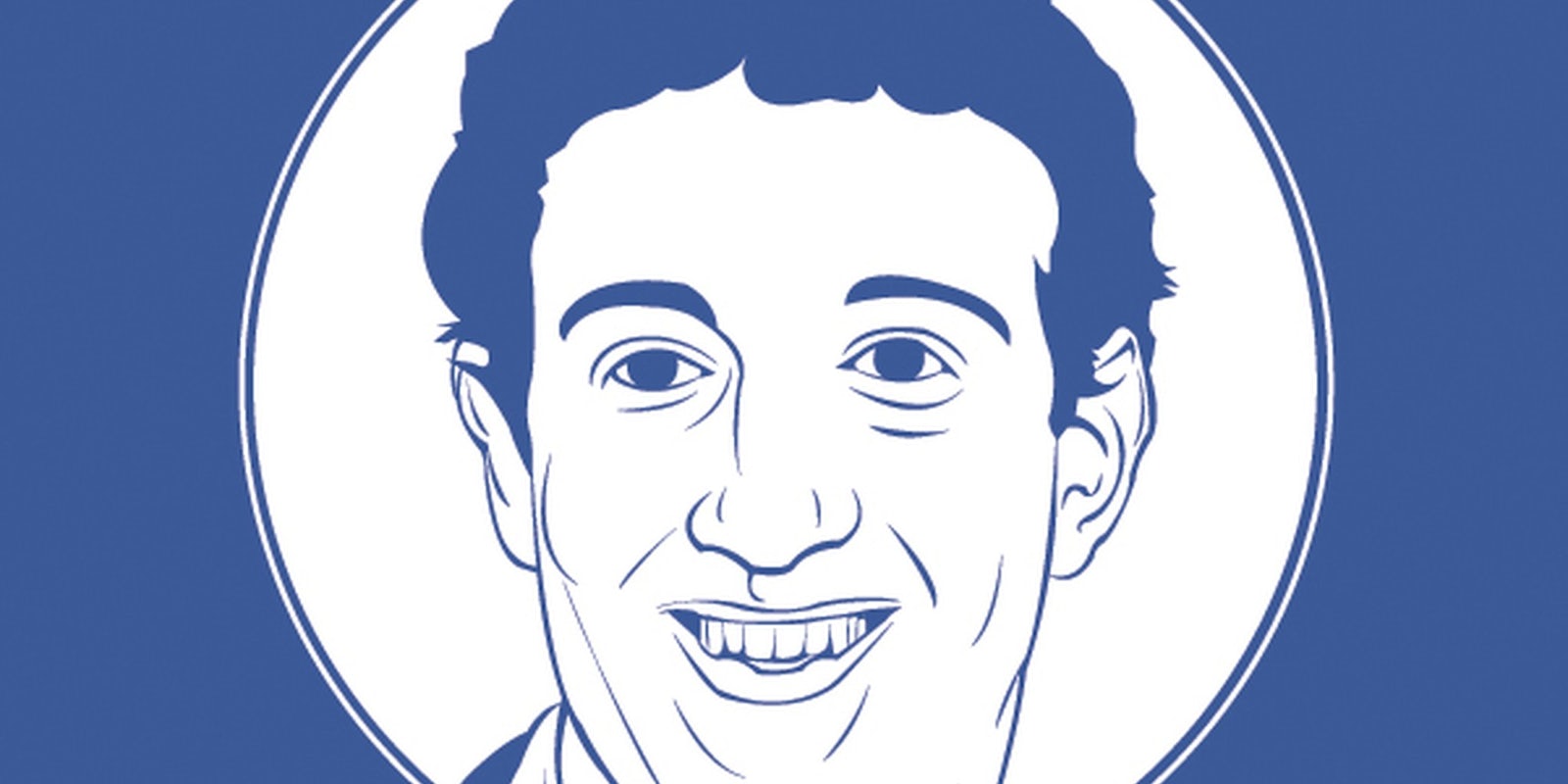If you believe a slew of Facebook fan page managers, the audiences they’ve worked so hard to build and maintain are not worth as much as they once were.
That’s because—according to some of the people behind popular pages— Facebook is limiting fan pages’ social reach for the sake of making a quick buck through promoted posts. And, starting this month, a similar policy began affecting users’ personal Facebook pages, too.
For the unfamiliar, promoted posts is a feature available to pages that have more than 400 subscribers. According to Facebook Product Direct of Ads Gokul Rajaram, most companies currently reach between 15 and 20 percent of their Facebook fans with an average post on their pages. But brands can reach the remaining 80 to 85 percent by paying for promoted posts. The price varies depending on how large an audience a company wants to reach.
Some are arguing that the social network deliberately reduced pages’ reach—by anywhere from 24 to 63 percent—starting in September, so that brands would be forced to pay to get their content across to a significant audience
The latest to take up the cause is the blog Dangerous Minds, which published a tome of an article on Wednesday morning explaining how it was wronged by Facebook.
“It’s perhaps the most understated stick-up line in history,” wrote Richard Metzger, the author of the article, “worthy of a James Bond villain calmly demanding that a $365 million dollar [sic] ransom gets collected from all the Mom & Pop businesses who use Facebook.”
Hyperbole aside, Metzger makes a strong case and backs it up with a actual figures for how much it would cost the site each year to if they chose to push every piece of content to the entirety of their audience via promoted post. According to his calculations, Dangerous Minds would have to pay $200 for each post. Given that the site shares around 10 stories daily, that would come out to $2,000 a day. Per week, that figure jumps to $14,000. Monthly, it would cost them $36,000. For the entire year, it would be $672,000.
Metzger & Co. aren’t alone. The New York Observer ran an op-ed by Ryan Holiday—a public relations strategist and author previously profiled by the Daily Dot—claiming that Facebook is intentionally limiting the reach of unpromoted posts for the sake of profit.
“The worse the platform performs, the more advertisers need to use Sponsored Stories. In a way, it means that Facebook is broken, on purpose, in order to extract more money from users. In the case of Sponsored Stories, it has meant raking in nearly $1M a day,” Holiday wrote.
It’s not just companies who are complaining. Actor and Facebook celebrity George Takei took issue with the fact that his posts on the social network—often comedic gems that get shared by tens of thousands of fans—were reaching fewer and fewer of his more than 2.8 million followers.
“For community pages such as this, though, FB recently decided that only certain fans will see certain posts, and it plans to ask me to pay for more fan views,” he wrote on June 13.
“I understand that FB has to make money, especially now that it is public, but in my view this development turns the notion of ‘fans’ on its head. So I encourage all friends and fans to visit my page regularly to make sure they share in all the fun.”
Facebook, for their part, not only claims no wrongdoing but also stresses that this isn’t a new practice. This latter point is most certainly true. Facebook first introduced Promoted Posts back in May 2012.
“This change was made to discourage content that wasn’t engaging (and was being reported as spam by users) because we want to ensure people aren’t seeing what they might consider spam in their feeds,” Facebook spokesperson Gwendolyn Belomy told the Daily Dot via email.
“If a page has a piece of content that it feels will be very engaging… we recommend using paid media to make sure [they] get more distribution by ‘boosting’ that post to fans in news feed.”
Essentially, the social network is saying that if its mysterious EdgeRank algorithm deems your content not engaging enough, it’s going to cost you to promote it.
The company’s official response would carry more water if there wasn’t evidence that promoted posts might not actually work. On Monday, blogger Cecilyk of Momcrunch detailed in a screengrab-heavy post how there was very little return on investment when a brand caved in and used promoted posts.
Yet another indication that the claims against Facebook might be legitimate is the fact that the company announced earlier this month that they are extending promoted posts to users, not just brands and fan pages. For roughly $7, you can make sure that your latest vacation pictures will show up in more of your friends’ feeds.
Whether these charges against the social network behemoth are fair, one thing is certain: the company, which went public on May 18, 2012, is looking to increase revenue any way it can.
Photo via Dangerous Minds


